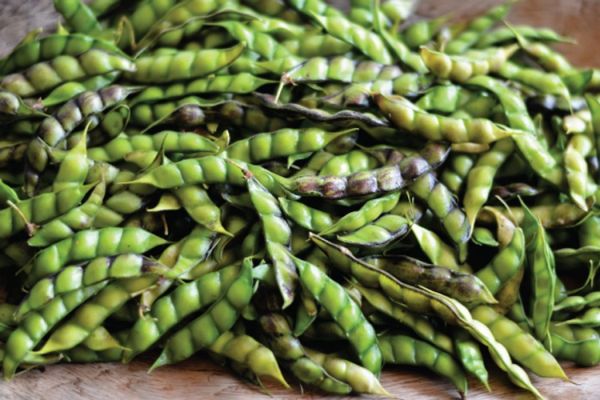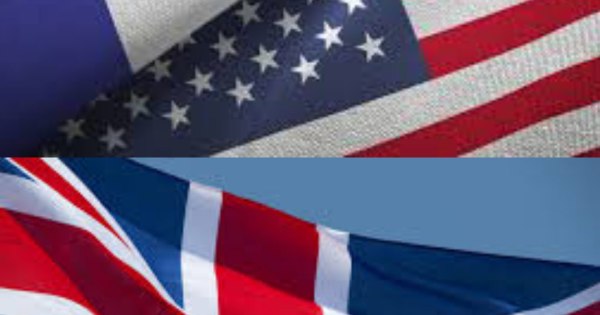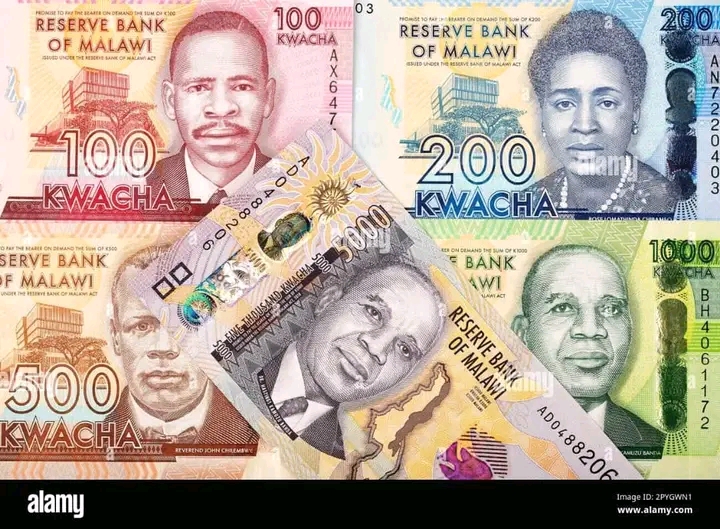By Burnett Munthali
Malawi expected to generate millions of dollars following new international markets in purchasing the country’s pigeon peas*
Malawi is expected to generate millions of dollars following the interest from new international markets in purchasing over 400,000 metric tonnes of the country’s pigeon peas.
Ministry of Trade spokesperson, Patrick Botha, disclosed that Singapore, Pakistan, Tanzania, India, Kenya, South Africa, and the United Arab Emirates (UAE) have confirmed their intention to buy this year’s commodity.
Botha added that the Indian government has removed the export quota of 50,000 metric tonnes of pigeon peas for Malawi in the 2024–2025 farming season, indicating there will be no tonnage limit for exporting the peas.
Programme Officer for the Legumes Development Trust, Sangwani Makoko, emphasised that for smallholder farmers to benefit from this opportunity the government should take deliberate steps to reduce farmers’ vulnerability.
This includes ensuring that local large-scale traders purchase the commodity above farm gate prices and strengthening the cooperative model.
Nutritional Value of Pigeon Peas (Arhar Dal)
It contains Vitamins like-Thiamine (B1), Riboflavin (B2), Niacin (B3), Pantothenic acid (B5), Vitamin B6, Folate (B9),Choline, Vitamin C, Vitamin E, Vitamin K along with trace metals like Calcium, Iron, Magnesium, Manganese, Phosphorus, Potassium, Sodium, Zinc.
Export quota is a restriction imposed by a government on the amount or number of goods or services that may be exported within a given period, usually with the intent of keeping prices of those goods or services low for domestic users.
An export quota is a limit on the amount of a good that can be exported out of a country. A government might elect to do this to support the domestic supply of goods and control prices. By keeping domestic supply higher, domestic prices can be kept lower, benefiting consumers.
Quotas are also cumbersome for the country using them. They require a lot of paperwork indicating exact amounts of products for each country facing a quota. It is also difficult to measure the precise degree of protection quotas offer. Tariffs raise the price of imports.
The economic impact of the export restrictions depends on the size of the exporter. There are two types of exporters: small exporter (small country), and large exporter (large country). For a small exporter, export restrictions do not affect world market price but rather the domestic price.







